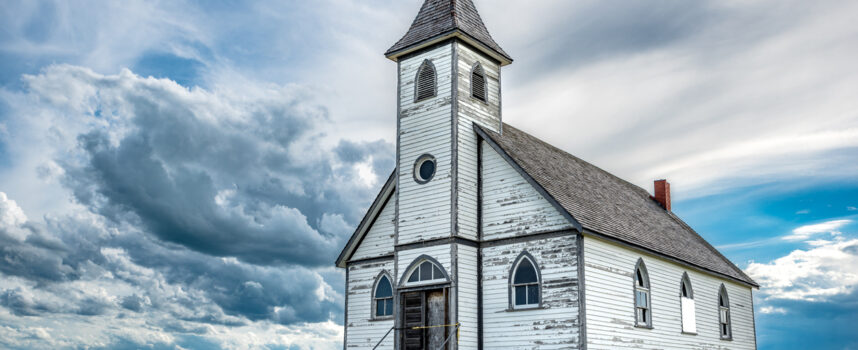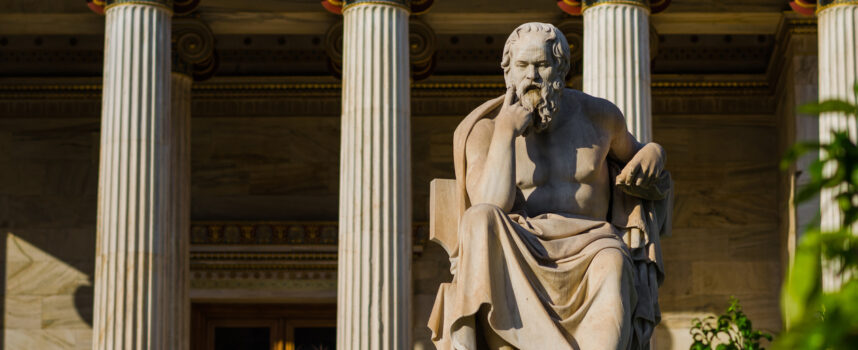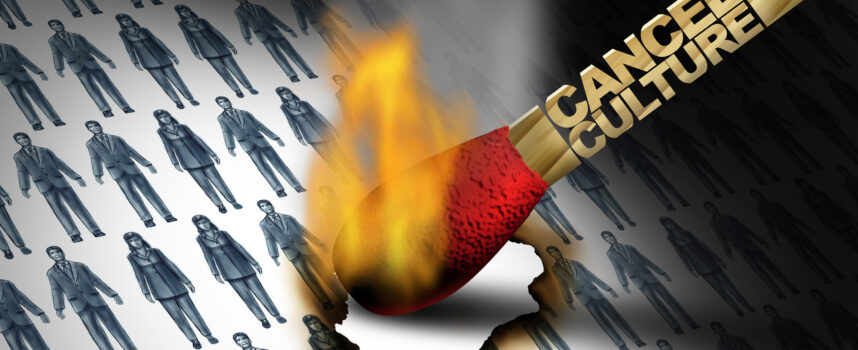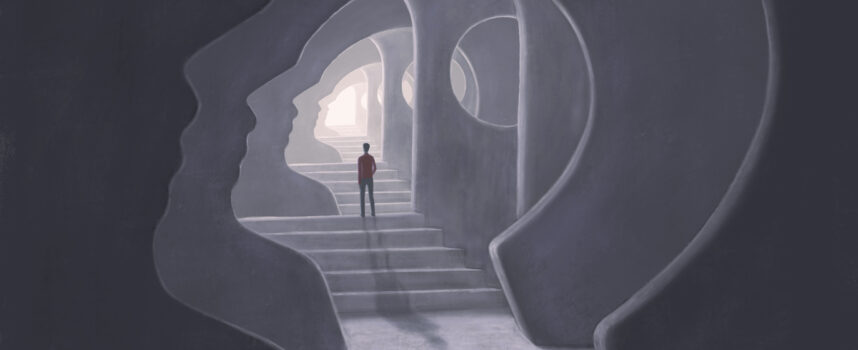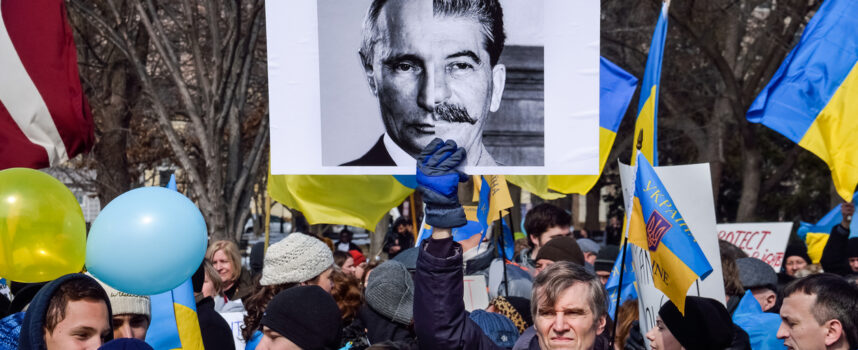Culture and Education
Loosely defined, the phrase “liberal arts” refers to courses in Western philosophy, theology, literature, art, and history, with science and foreign languages playing a real but secondary role. For the ancient Greeks and many modern Westerners, the liberal arts have been thought necessary to cultivate good citizenship in a government of the people, by the [ Read More ]
Late-nineteenth and early-twentieth-century Protestant theology was dominated by the “fundamentalist-modernist” controversy, as many established Protestant seminaries and theologians aligned themselves with the liberal revisionism of Schleiermacher and his progeny. In response to the bizarre lucubrations and supercilious anti-orthodoxy of the revisionists, Protestant fundamentalists retreated from modern culture, formed intellectual ghettos, and cast a reactionary and [ Read More ]
It has been said, famously, that all Western philosophy is “footnotes to Plato.” And, while this statement rings true, the deeper and more salient observation is that much of Western philosophy is footnotes to Lucifer. Indeed. At the Fall, the Evil One spoke a word against God’s word, calling into question the truth of God’s [ Read More ]
During the past several decades, the American political scene has morphed so significantly that the politics of the mid-twentieth century are now unrecognizable. One of the reasons for the shift in political thinking—and the subsequent unrest and polarization we now see—is a shift in the way people think about truth and morality. We can call [ Read More ]
Here are twelve books I recommend to persons who wish to better understand the rise and development of Western thought. I will describe each book and then rank its level of difficulty on a scale of 1-5, with 5 being the most difficult. Level 1 is the category for a book you could give to [ Read More ]
Publishers are experts in publishing but often they are not very good at promoting. And, if you don’t have the financial resources to hire a top-tier publicist, you will need to roll up your sleeves and make your book a bestseller. You can do that by thinking like a publicist. Although you will need to [ Read More ]
It was my privilege to live in Russia from 1998-2000, where I met Vladimir Putin and spoke with him briefly. He was campaigning for President. I knew my Russian friends were excited out of their minds about his candidacy, but I didn’t pay much attention to the encounter; I figured I’d just met a relatively [ Read More ]
How many philosophers does it take to explain a joke? Quite a few, as it turns out. And not only philosophers. Psychologists, sociologists, and anthropologists have exerted themselves to explain exactly what makes people laugh. Although everybody understands intuitively what humor is, the concept of humor is still elusive, being difficult to define in a [ Read More ]
Every year, private schools across the nation commence for graduation ceremonies. Yet, if many of today’s progressive educators are to be believed, the ceremony they participate in ought to be abolished or sent underground. They wish for public schools to be the primary—and in some activists’ view, exclusive—vehicle for educating our youth. Indeed, whenever the idea of [ Read More ]
During the middle of the twentieth century, the great German theologian Dietrich Bonhoeffer wrote that the Western world was a “world come of age,” by which he did not intend a compliment; he meant that Westerners had learned to manage life without reference to God and that life without God is deeply unhealthy for individuals [ Read More ]


